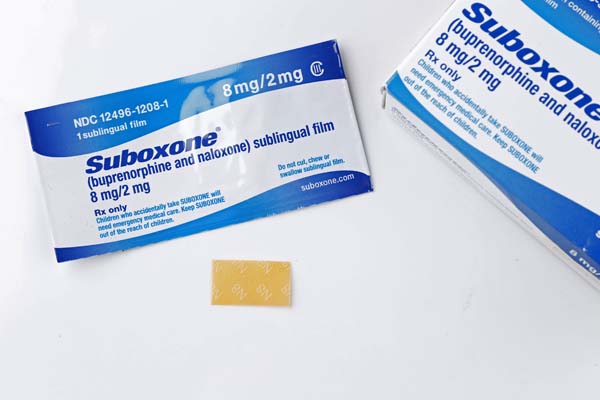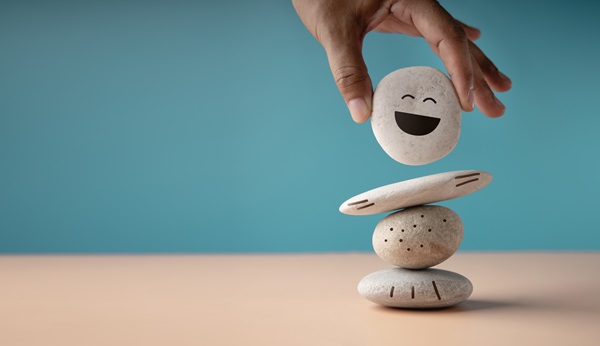Suboxone to Treat Opioid Drug Dependence

Opioid addiction is a difficult condition to overcome. However, suboxone has proven to be a helpful part of the treatment plan. This medication is a method that helps your body and mind gently wean off the intense addiction that opioids cause. It’s not an actual opioid, but it impacts the body in a similar way which helps ease the symptoms of withdrawal.
Let's discuss what you need to know about using this medication to treat opioid dependence. We'll review what suboxone is, how opioid withdrawal happens, and how to use this medication properly.
The chemical itself
This medication contains buprenorphine and naloxone. Buprenorphine is a partial opioid agonist because it acts similarly to how opioids do in the human body, meaning the parts of buprenorphine bind to the same neurological receptors that actual opiates do. It plugs some of the opioid receptors so that the second compound can do its job.
Naloxone is an actual opioid agonist that does not simply plug the opioid receptors in the brain but can also cause the release of the same neurochemicals that opioids do. It results in a milder effect on the brain thanks to the buprenorphine plugging some opioid receptors.
How opioid withdrawal takes place
Opioids trigger the release of several pleasure neurochemicals and hormones in the human body. Over time and with repeated use, the opioid receptors in the body become greater in number and lead to an increased need and effect for the drug.
If one tries to quit their opioid usage all at once, they become afflicted with some life-altering conditions like anxiety, insomnia, and flu-like symptoms, to name a few. For this reason, people who try to quit opiates cold turkey have a very low success rate.
How to use suboxone
This medication is an oral pill to be dosed appropriately by a psychiatrist or other medical professional. The amount you take and the schedule you are weaned will depend on your history with opiates and your specific body chemistry. Although it may feel like the user is getting high, distinct differences separate it from hard opiates. Make sure to take it at the correct time of day to avoid the awful withdrawal symptoms and optimize your level of functionality.
Avoid abuse
You should always take suboxone as directed by your psychiatrist. Improperly taking it will alter the level of the drug’s bioavailability in your system. You could also put yourself at risk for overdose. Do not take it at irregular intervals or in conjunction with actual opiates. These drugs can interact and complicate the already delicate situation.
Learn more about suboxone
Suboxone is a completely legitimate method to treat opioid dependence. However, you should only use it in its intended way and with the oversight of a psychiatrist. Doing so will get you on the right path toward recovery.
Request an appointment here: https://futurepsychsolutions.com or call Future Psych Solutions at (803) 335-5232 for an appointment in our Columbia office.
Check out what others are saying about our services on Yelp: Suboxone in Columbia, SC.
Recent Posts
Counseling is a form of psychiatry treatment that focuses on one specific problem. This type of treatment can be extremely helpful to someone experiencing a behavioral, mental or emotional problem such as anxiety, depression or even addiction. Psychiatric counseling is done in a safe and controlled setting that allows patients to feel that they can be…
Although often overlooked, mental health is just as important as physical health. Whether you have a mental disorder or are going through a difficult time due to external factors, a psychiatrist can provide professional help. You can also follow several self-care tips outside of treatment to help make your mental health journey easier.Self-care is crucial…
Suboxone treatment has helped many who struggle with an opioid addiction find relief and live a higher quality life overall. Suboxone treatment, combined with other forms of treatment, is often very effective. Still, it is essential to know about the drawbacks of any potential treatment, including possible side effects.At Future Psych Solutions, patients can receive…
Curious about what can help your ADHD treatment work better? Read on to learn more. ADHD is a common neurodevelopmental disorder that affects millions of people worldwide. ADHD treatment options include medication and therapy. However, positive lifestyle changes can also significantly improve the symptoms and quality of life. This article covers different lifestyle changes that…


